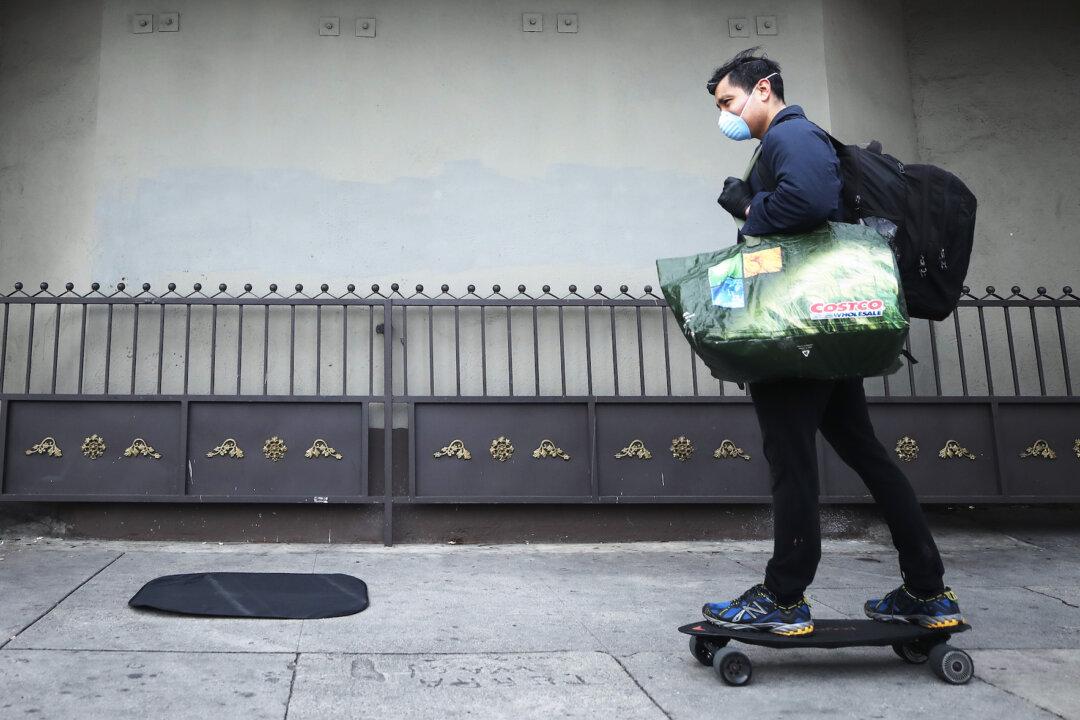Commentary
A climate of fear and righteous indignation—the two often travel together—has swept the country amid the mask mandates in many states.

Commentary
A climate of fear and righteous indignation—the two often travel together—has swept the country amid the mask mandates in many states.